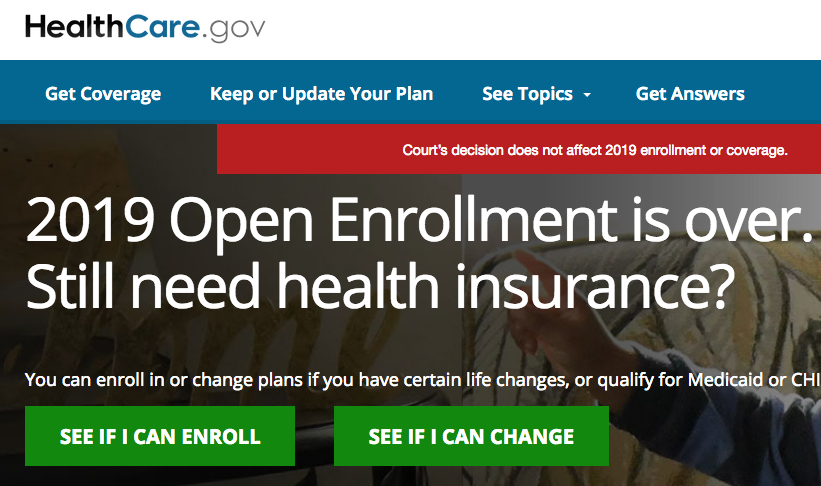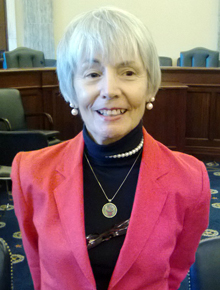
Kelly Vaillancourt, PhD, NCSP
Director of Government Relations, National Association of School Psychologists
Last week, Kelly Vaillancourt provided an easy way for you to advocate to members of Congress about providing mental health services in schools. Now, she offers some ideas about how you can effectively interact with local and state officials in order to make meaningful and substantial progress toward increasing access to comprehensive mental health services. Dr. Vaillancourt is director of government relations at the National Association of School Psychologists, which represents over 25,000 school psychologists. These professionals work with students, educators, administrators, and families to support the academic achievement, positive behavior, and mental health of all students, especially those who struggle with barriers to learning. Your voice is critical in helping ensure that all children, youth, and adults have access to the mental and behavioral health services they need and there are many quick and easy ways that you can be an effective advocate. Here, we focus on the ways you can educate and advocate at the local and state levels.
Educate School Boards about Comprehensive Mental Health Supports
- Identify your local school board members. Review facts about them including involvement in education and with other community organizations. Furthermore, educate yourself on the jurisdiction the school board has over local policy and budget decisions as this can vary across districts and states.
Read More













Connect With Us